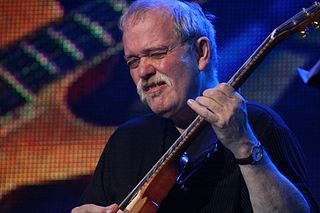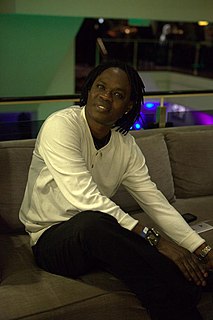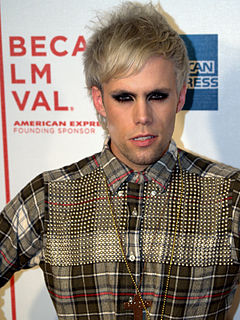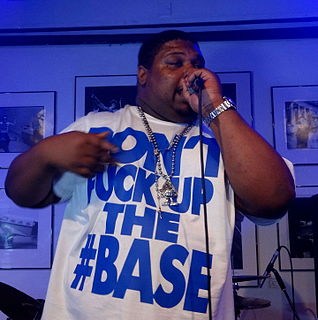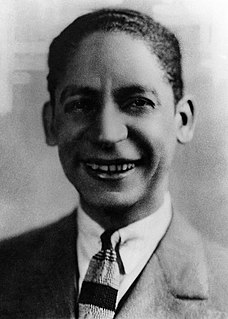A Quote by Kamasi Washington
There were two things I discovered when I toured with Snoop. One was that the band was all jazz musicians. The second was to instil in me a respect for other styles of music. From then on, whenever I played a new kind of music, I came with the same kind of open mind. What are they trying to do? What are they hearing? How do they see music?
Related Quotes
For me, let's keep jazz as folk music. Let's not make jazz classical music. Let's keep it as street music, as people's everyday-life music. Let's see jazz musicians continue to use the materials, the tools, the spirit of the actual time that they're living in, as what they build their lives as musicians around.
I didn't write any music at all, and then, I remember Jon Anderson being very insistent saying that there were two kinds of musicians: the ones who wrote music and the ones who didn't. And clearly the ones who wrote music were more superior human beings in his mind. So he kind of nudged me and sort of prodded me into it. I picked it up slowly. Then I learned more about chords and harmony and I just kept adding to that. One of the great things about having good players in your band is that you just ask them questions. You can pick up some good information that way.
I was 16 when I came to New York. I had graduated to a tenor banjo in the school jazz band, and it was kind of boring - just chords, chords, chords. Then my father took me to a mountain music and dance festival in Asheville, North Carolina, and there I saw relatively uneducated people playing great music by ear.
If anybody was Mr. Jazz it was Louis Armstrong. He was the epitome of jazz and always will be. He is what I call an American standard, an American original. ... I merely took the energy it takes to pout and wrote some blues. ... I don't need time, I need a deadline. ...There are two kinds of music. Good music, and the other kind. ... Music is my mistress, and she plays second fiddle to no one.
I visited New York in '63, intending to move there, but I noticed that what I valued about jazz was being discarded. I ran into `out-to-lunch' free jazz, and the notion that groove was old-fashioned. All around the United States, I could see jazz becoming linear, a horn-player's world. It made me realize that we were not jazz musicians; we were territory musicians in love with all forms of African-American music. All of the musicians I loved were territory musicians, deeply into blues and gospel as well as jazz.
My thing was, I loved music. I played music: I played the saxophone. So the little bit of music knowhow I had, I tried to implement that in every thing I did, from my style, my cadence, the way I tried to pause and stagnate it; that all came from John Coltrane and listening to jazz albums. Trying to rhyme like a jazz player.
I did not like that name "world music" in the beginning. I think that African music must get more respect than to be put in a ghetto like that. We have something to give to others. When you look to how African music is built, when you understand this kind of music, you can understand that a lot of all this modern music that you are hearing in the world has similarities to African music. It's like the origin of a lot of kinds of music.
A book, at the same time, also has to do with what I call a buzz in the head. It's a certain kind of music that I start hearing. It's the music of the language, but it's also the music of the story. I have to live with that music for a while before I can put any words on the page. I think that's because I have to get my body as much as my mind accustomed to the music of writing that particular book. It really is a mysterious feeling.









